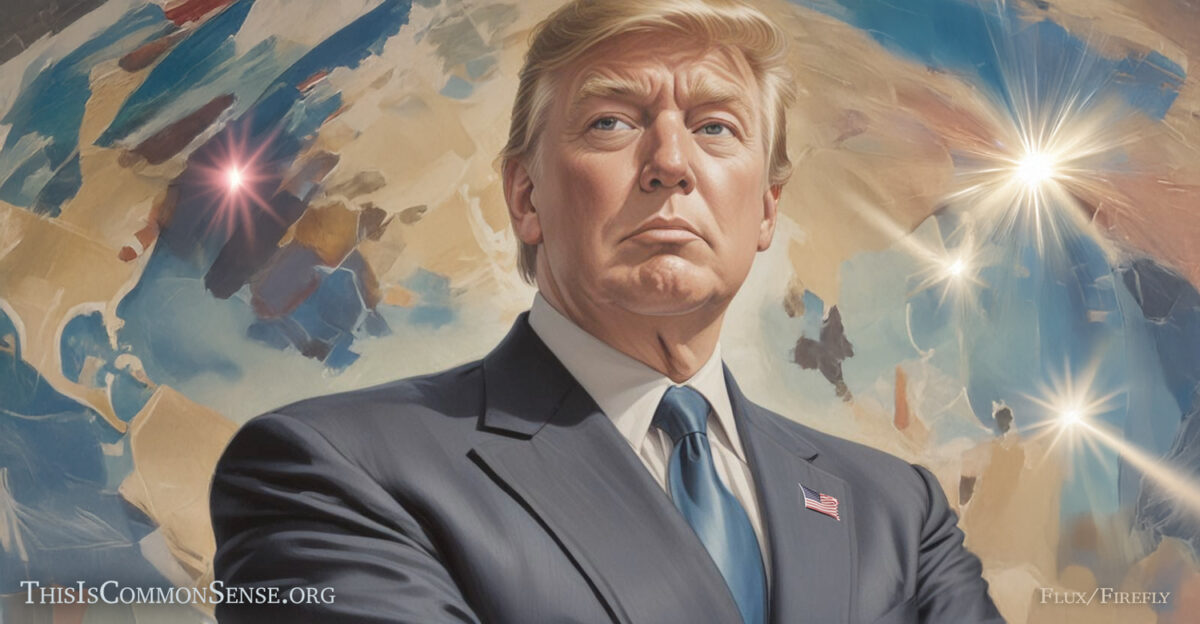After 13 years of civil war, a rebel force seized the Syrian capital over the weekend, toppling more than half a century of the Assad dictatorship, with despot Bashar al-Assad fleeing to safety in Russia.
Good riddance. But what next? Will any semblance of freedom come to Syria and be sustained?
“Syria is a mess,” President-elect Donald Trump posted on his Truth Social platform, concluding: “THE UNITED STATES SHOULD HAVE NOTHING TO DO WITH IT. THIS IS NOT OUR FIGHT. LET IT PLAY OUT. DO NOT GET INVOLVED!”
He’s not wrong.
Still, events in Syria add to the foreign policy challenges, increasingly military challenges, awaiting the new administration — from the war in Ukraine, Lebanon, Gaza, to the threat of Chinese aggression across the Taiwan Strait against economically and geographically strategic Taiwan.
Or conflict might erupt in the South China Sea — a body of water that China claims more than 90 percent of … an outrageous, illegal contention, which nonetheless the PLA Navy increasingly enforces.
Recently, Chinese Communist Party leader Xi Jinping gave President Biden — meant for the President-elect, of course — four red lines that America was not to cross. The first two are instructive: “the Taiwan question” and “democracy and human rights.”
In short, it would be bad manners and really ruffle tender Beijing feathers were the U.S. to continue to arm and protect free, democratic Taiwan and to raise the issue of the numerous genocides the CCP regime continues to inflict on ethnic and religious minorities.
And everybody else.
It’s a dangerous world. Much of which the United States has pledged to defend. Good luck, Mr. Trump.
No wonder there is “a record high” percentage of Americans who “want the government to spend more on the military.”
This is Common Sense. I’m Paul Jacob.
Illustration created with Flux and Firefly
—
See all recent commentary
(simplified and organized)

3 replies on “Dictator Down”
Oh, we can see the formulaic response comment to this entry comin’ down Main Street. The only question is of which commentator will make it.
“Entanglements with none.” is a great ideal. Was more defensible when the ability of foreign empires to mess with us was more restricted. More complex now that we have economic functions that depend on free interaction with countries elsewhere. Not just for foods that are desirable, like the produce that would be out of season in the US and unavailable if not supplied from South America and Malaysia. But also, chemicals, rare earth elements, and minerals that are essentially not obtainable in the US. A world empire consortium that excludes a short term risk that would make our lives substantially difficult. Theoretically not sustainable for the world long term, since no one has figured how to.make central command/control actually competitive with a free market, but a real potentially devastating negative impact for a generation or two.
More borrowed money. Eventually, the US will collapse under the weight of tens of trillions of dollars of debt. What will the world do then? It’s not 1945 anymore and the US is not Atlas. Taiwan is strategically important — to much of the world. How about other industrialized countries that benefit from Taiwan’s chip industry pitching in to defray the cost of defending this ‘vital resource’?